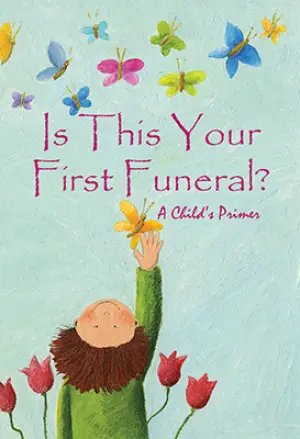A Reflective Review of Animal Farm: 75th Anniversary Edition
When I stumbled upon the 75th Anniversary Edition of Animal Farm by George Orwell, I felt a wave of nostalgia wash over me. Like many, my first encounter with this allegorical masterpiece came during my high school years. However, reading it again now, with a deeper understanding of the world and its complexities, offered fresh perspectives that made me appreciate Orwell’s brilliance even more. In a time when the world seems just as fraught with political ambivalence and societal conflict as it did in the wake of World War II, this edition—featuring an insightful introduction by Téa Obreht—felt not just timely, but crucial.
At its core, Animal Farm presents a powerful narrative exploring themes of power, corruption, and collective idealism. The story unfolds on a farm where the overworked and mistreated animals rise against their human oppressor, dreaming of a utopian society built on principles of equality and cooperation. Characters like the steadfast Boxer, who epitomizes hard work and loyalty, serve as poignant reminders of the human (or animal) spirit crushed beneath the weight of authoritarianism. As the animals strive to create their paradise, Orwell expertly charts the transition from revolutionary zeal to totalitarian despair, coining the now-infamous phrase, "All animals are equal, but some animals are more equal than others." This phrase reverberated within me long after I closed the book, serving as a stark commentary on how noble intentions can devolve into horrifying realities.
Orwell’s writing style is deceptively simple yet rich in layers of meaning. The pacing is brisk, keeping readers engaged as tragic developments unfold, and the absence of lengthy philosophical debates allows the narrative to remain pointed and impactful. Obreht’s introduction lends a contemporary lens to the text, drawing parallels between Orwell’s depiction of power and today’s political landscape. The insights from readers who have revisited this work, noting its relevance to current events, resonate deeply. For instance, a reviewer pointedly remarked, “The trickery, betrayal, malignancy, outright lies… there is much to pay attention to in society today.” This reflection solidifies the timeless nature of Orwell’s warnings.
One of my favorite moments in the book is when Boxer repeatedly adopts the mantra "I will work harder." Initially, this resonates as a testament to dedication, but as the story progresses, it highlights the tragic exploitation of the vulnerable in society. It leaves me questioning: how often do we, in our own lives, fall victim to similar traps?
I wholeheartedly recommend this edition of Animal Farm to anyone who appreciates incisive social critique wrapped in a captivating story. It is an essential read for students of literature, history, or political science, but also for anyone seeking to understand the delicate balance between hope and the sinister nature of power. My rereading felt like meeting an old friend, one who still had so much to teach me. In these pages, I found not just a warning about the past, but insights that carry recommendations for the present and future.
As I reflect on my reading experience, I feel a renewed urgency to engage in conversations about governance, justice, and equality, recognizing that the lessons learned from Orwell’s fable are just as pertinent today. So grab a copy, revisit this classic, and prepare to engage in that conversation—it’s a journey well worth taking.






